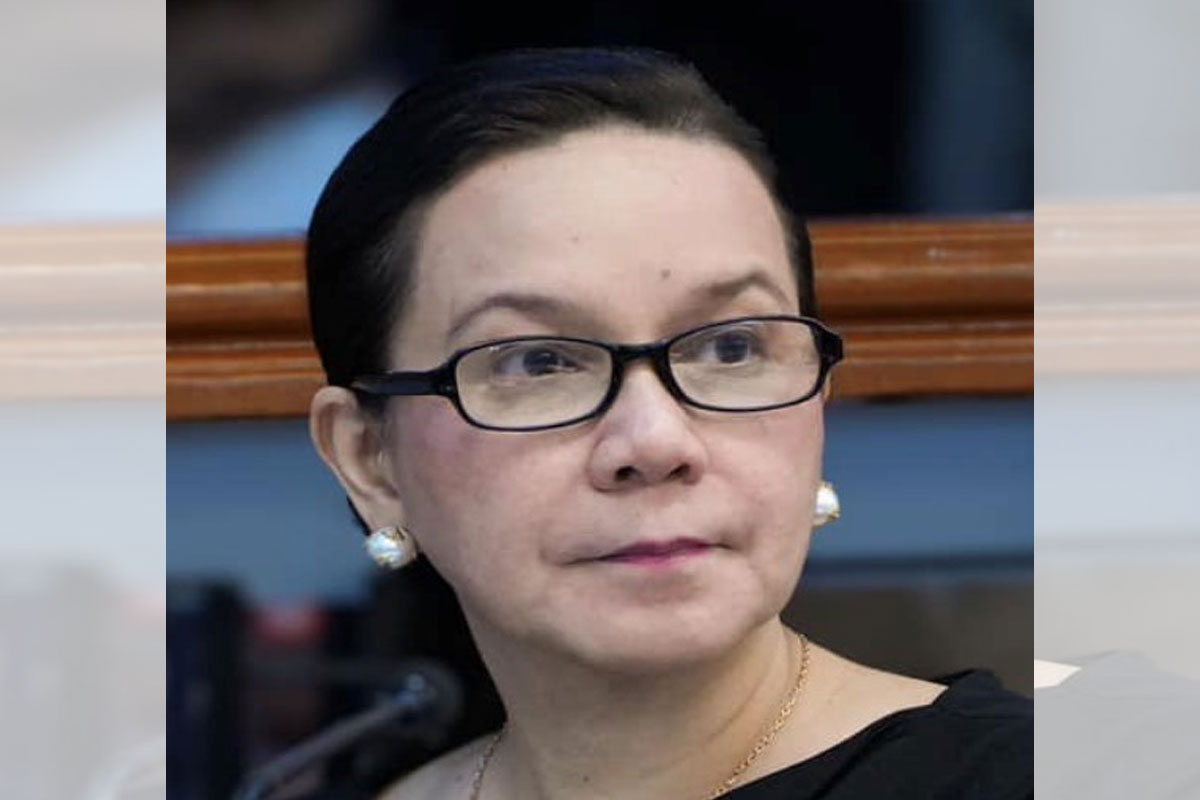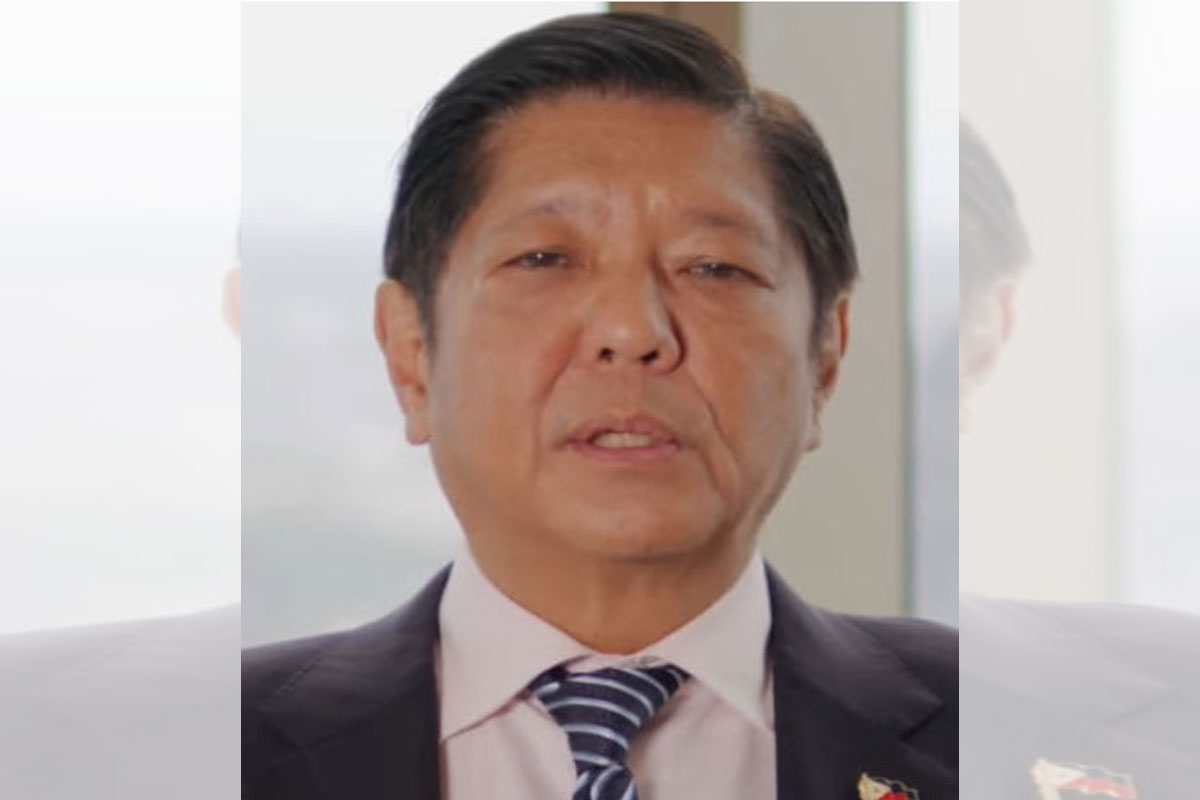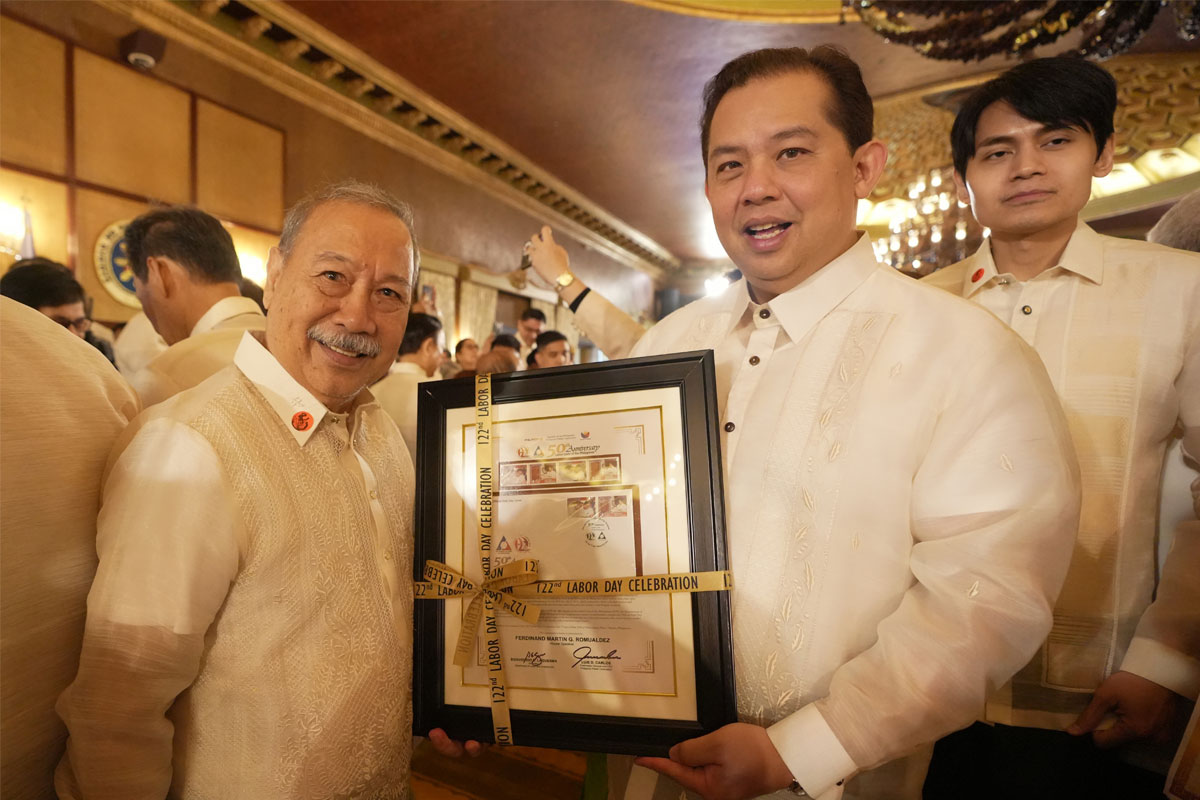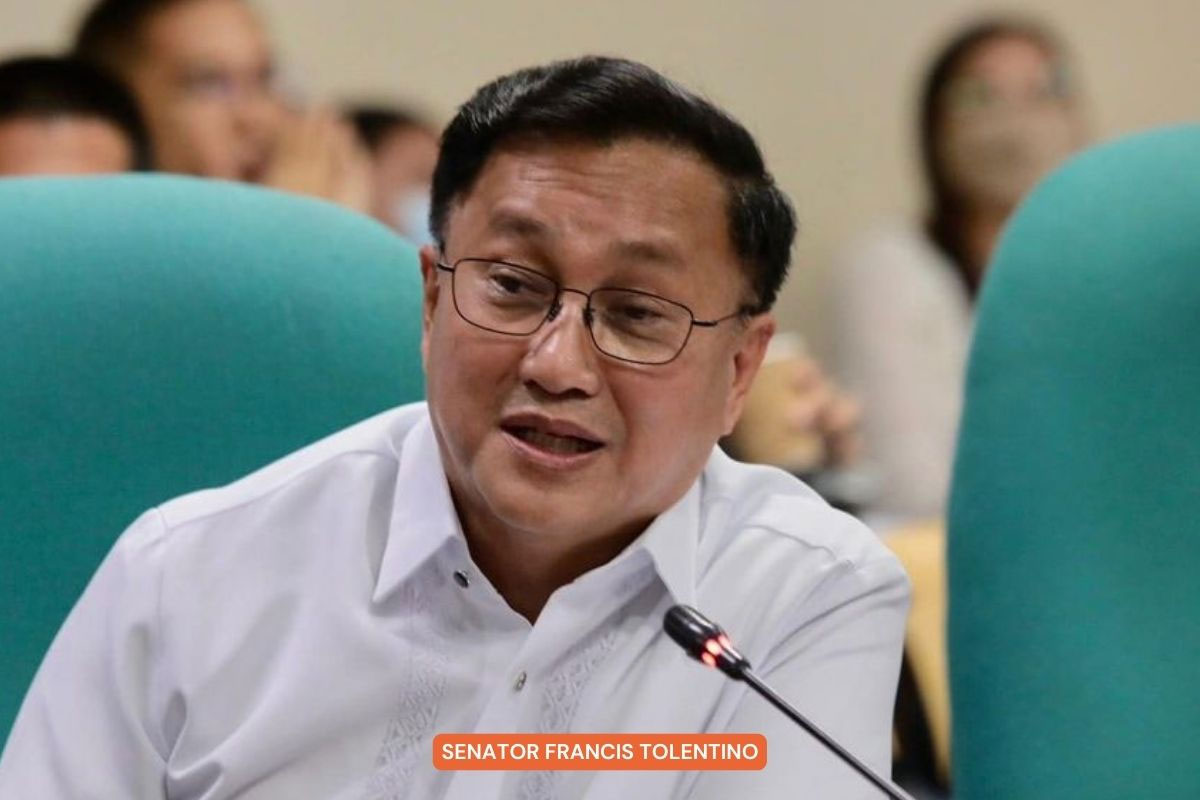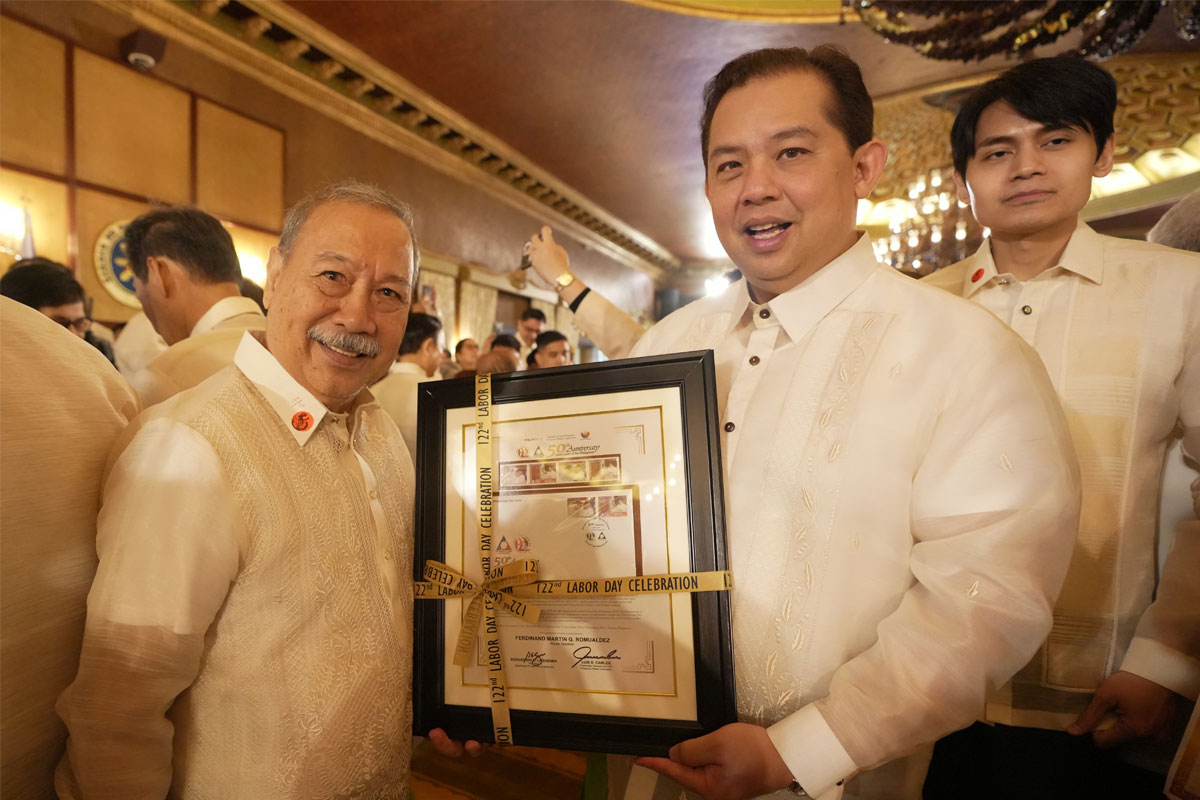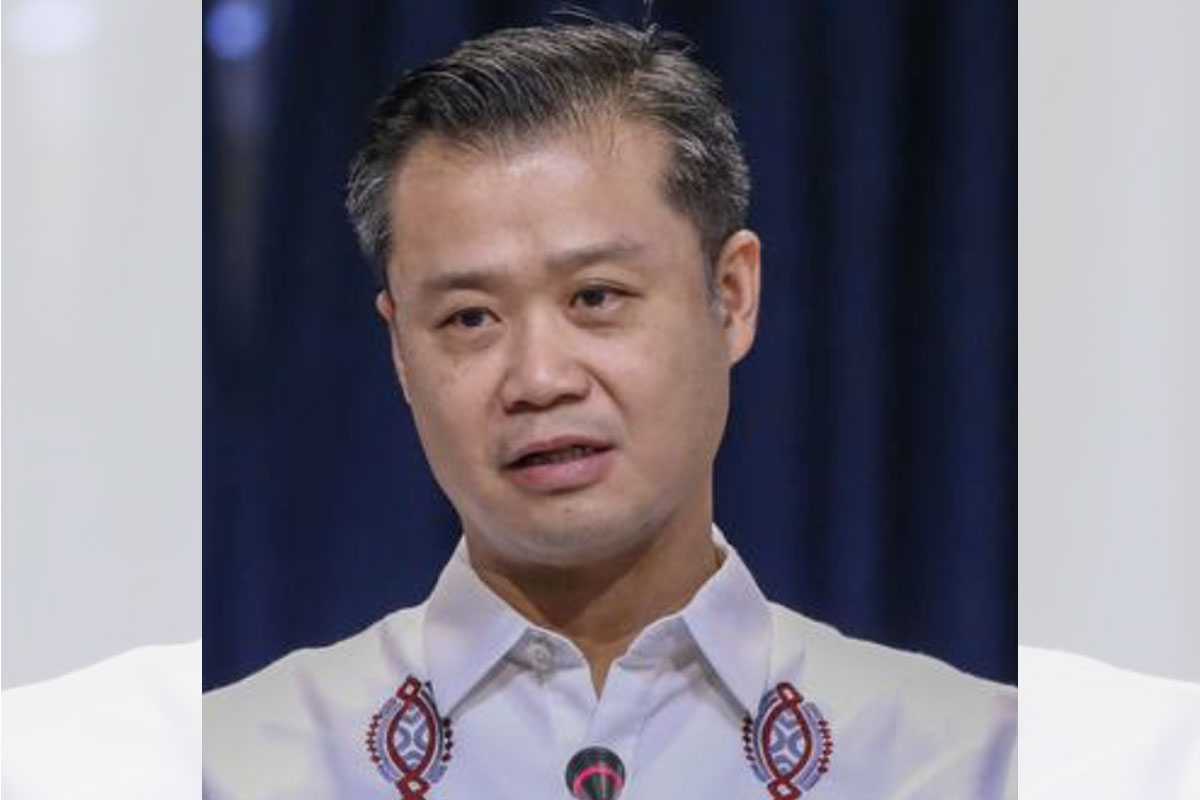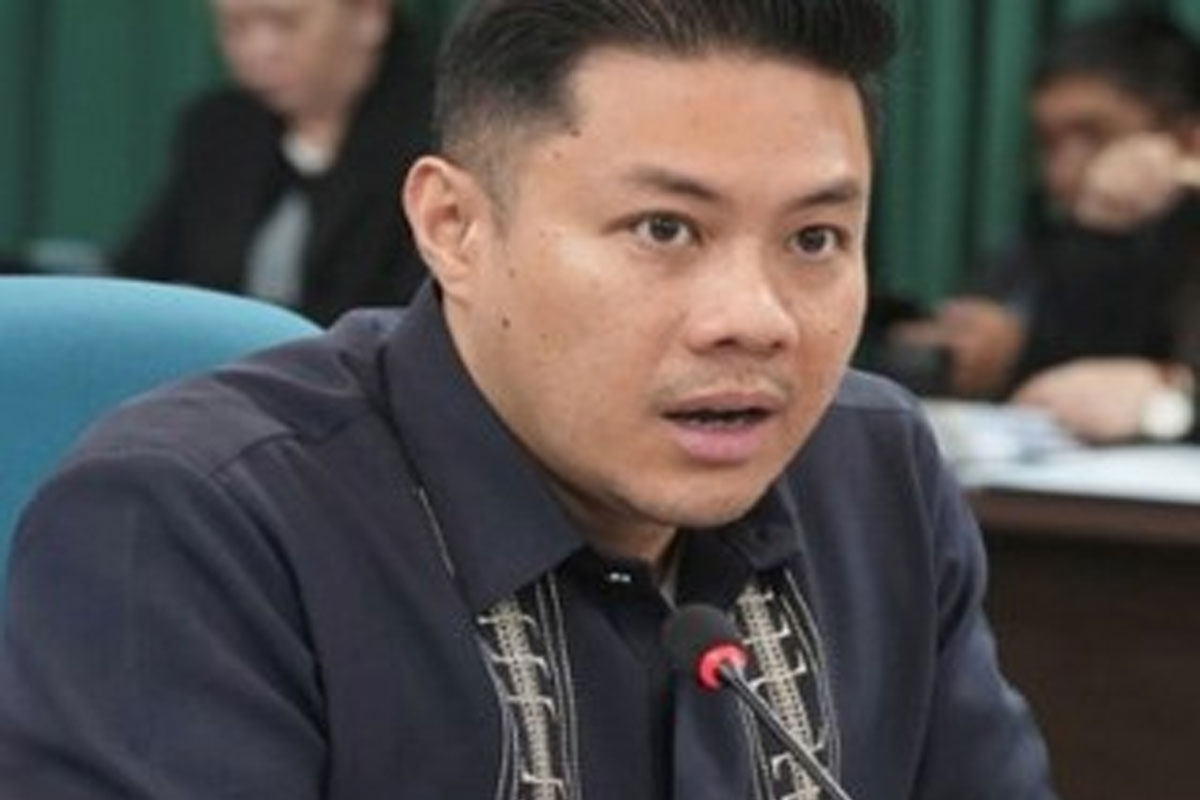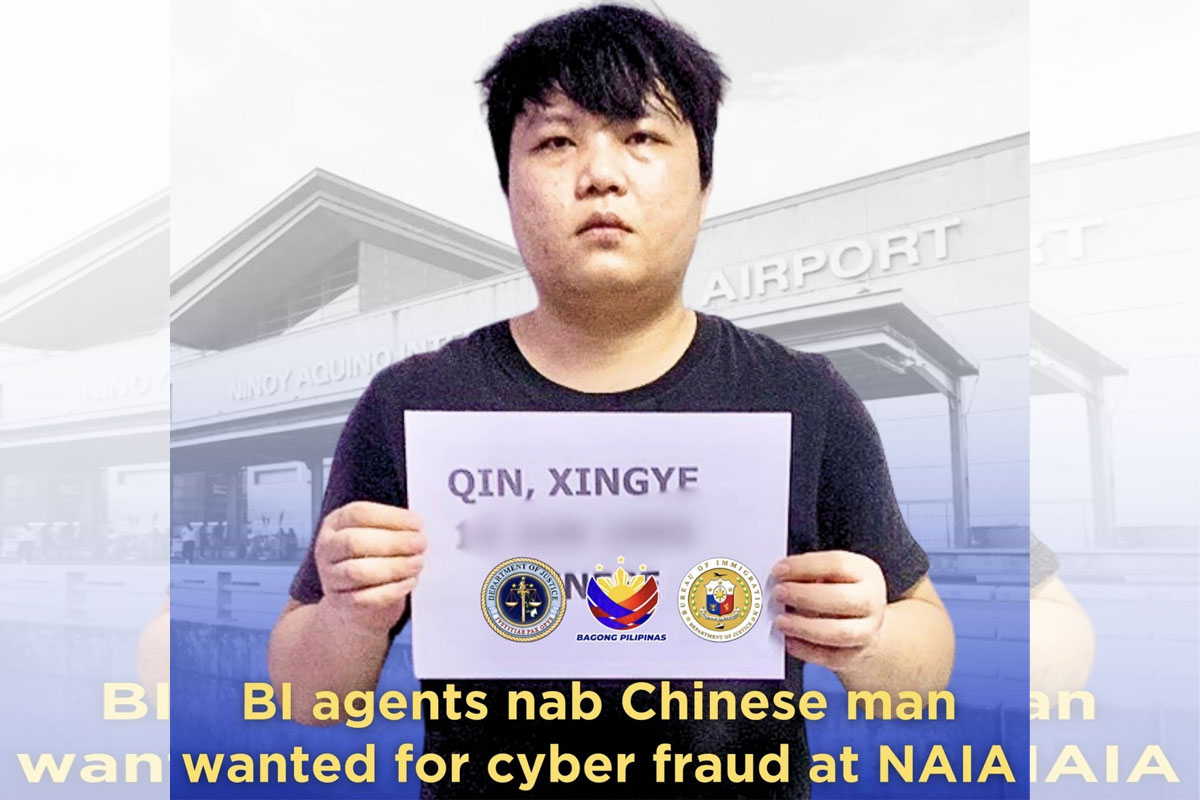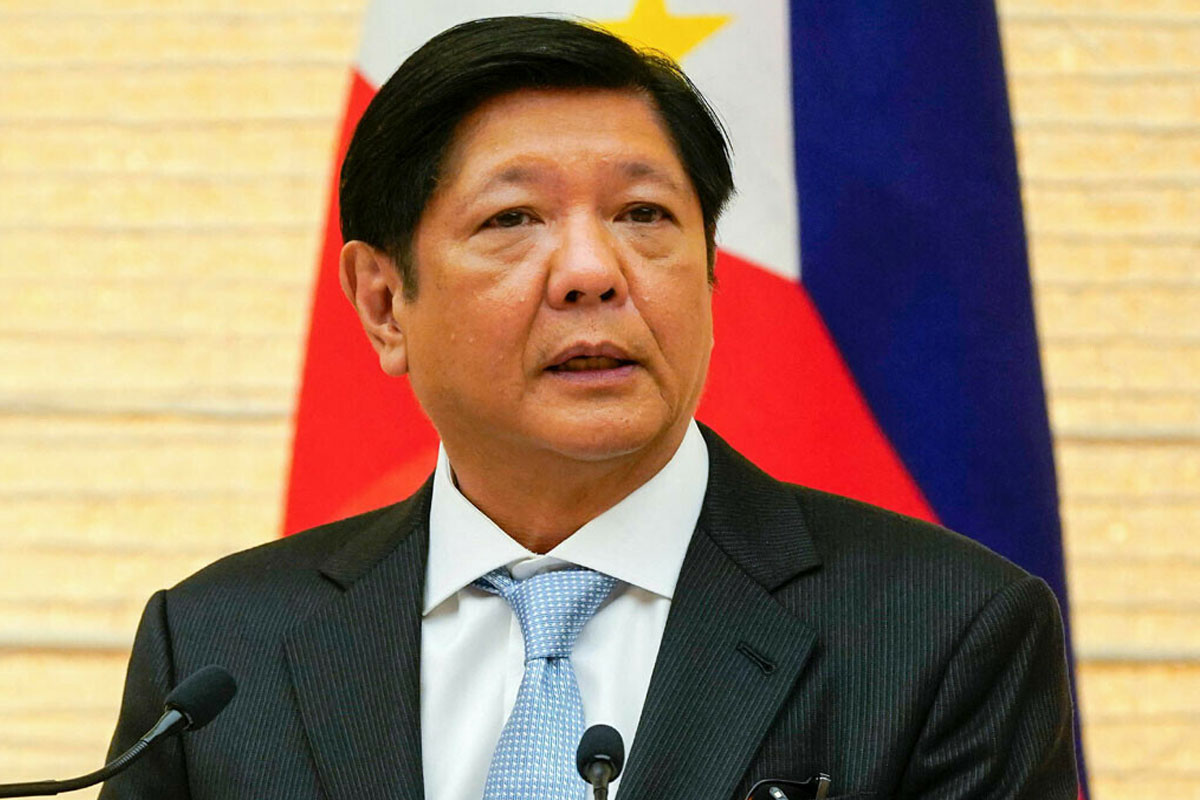
SC lifts TRO on plea bargain deal over ex-general’s plunder case
THE Supreme Court has lifted the temporary restraining order on the plea bargaining agreement pending before the Sandiganbayan between former Armed Forces of the Philippines comptroller Carlos Garcia and the Office of the Ombudsman.
This after the SC ruled that the Office of the Solicitor General (OSG) has no power of control over the Office of the Ombudsman, the latter being an independent constitutional body.
The SC dismissed the petition filed by the government, through the OSG, assailing the plea bargaining agreement in 2010 between the Office of the Special Prosecutor (OSP) and retired Major General Carlos F. Garcia, former comptroller of the Armed Forces of the Philippines.
“The government was already rightfully represented by the Office of the Ombudsman in the plunder case [against Garcia] before the Sandiganbayan. Thus, the Office of the Solicitor General overstepped its bounds by insisting on providing additional representation. Further, the Office of the Solicitor General had no power of control or supervision over the Office of the Ombudsman, an independent constitutional body. It had no authority to impose on the latter’s handling of the Plea Bargaining Agreement was grossly disadvantageous to the government and the people’s welfare,” said the SC 3rd division in a decision penned by Justice Marvic M.V.F. Leonen.
The SC further said that: “[The OSG] had no authority to impose on the [Ombudsman’s] handling of the Plea Bargaining Agreement, even if it strongly believed that the Plea Bargaining Agreement was grossly disadvantageous to the government and the people’s welfare.”
The SC added that the acceptance of a plea bargain is purely upon the discretion of the prosecutor, while its approval is subject to the judicial discretion of the court trying the facts.
“Hence, any review of a plea bargain approved by the Office of the Ombudsman would be tantamount to an appeal on a question of fact and not the proper subject of a petition for certiorari,” the SC said.
While it dismissed the OSG’s petition, the Court, however, emphasized that it “will not interfere with the substance of or the wisdom behind the Plea Bargaining Agreement, as that falls squarely within the Office of the Ombudsman’s mandate of investigating and prosecuting erring government employees.”
The SC noted that the OSG did not dispute the Ombudsman’s authority to file the criminal case and enter into a plea bargaining deal; rather, it claimed it had the right to intervene in the agreement, citing its “mandate to protect and promote the interests of the people.”
The SC stressed that the OSG’s authority to represent the Government is not plenary or all-encompassing, adding that the mandate to represent the government in the proceedings before the Sandiganbayan generally lies with the Ombudsman, with the exception of the Marcos ill-gotten wealth cases where the OSG was allowed to prosecute a case before the anti-graft court and only in representation of the Presidential Commission on Good Government (PCGG).
Furthermore, the Court also held that it cannot be said that the Sandiganbayan gravely abused its discretion in approving the deal considering the prosecution’s failure to prove Garcia’s guilt for plunder and money laundering beyond reasonable doubt.
Hence, the SC lifted the temporary restraining order enjoining the Sandiganbayan from continuing with its criminal proceedings against Garcia and from implementing its December 16, 2010 resolution which approved Garcia’s request for bail.




